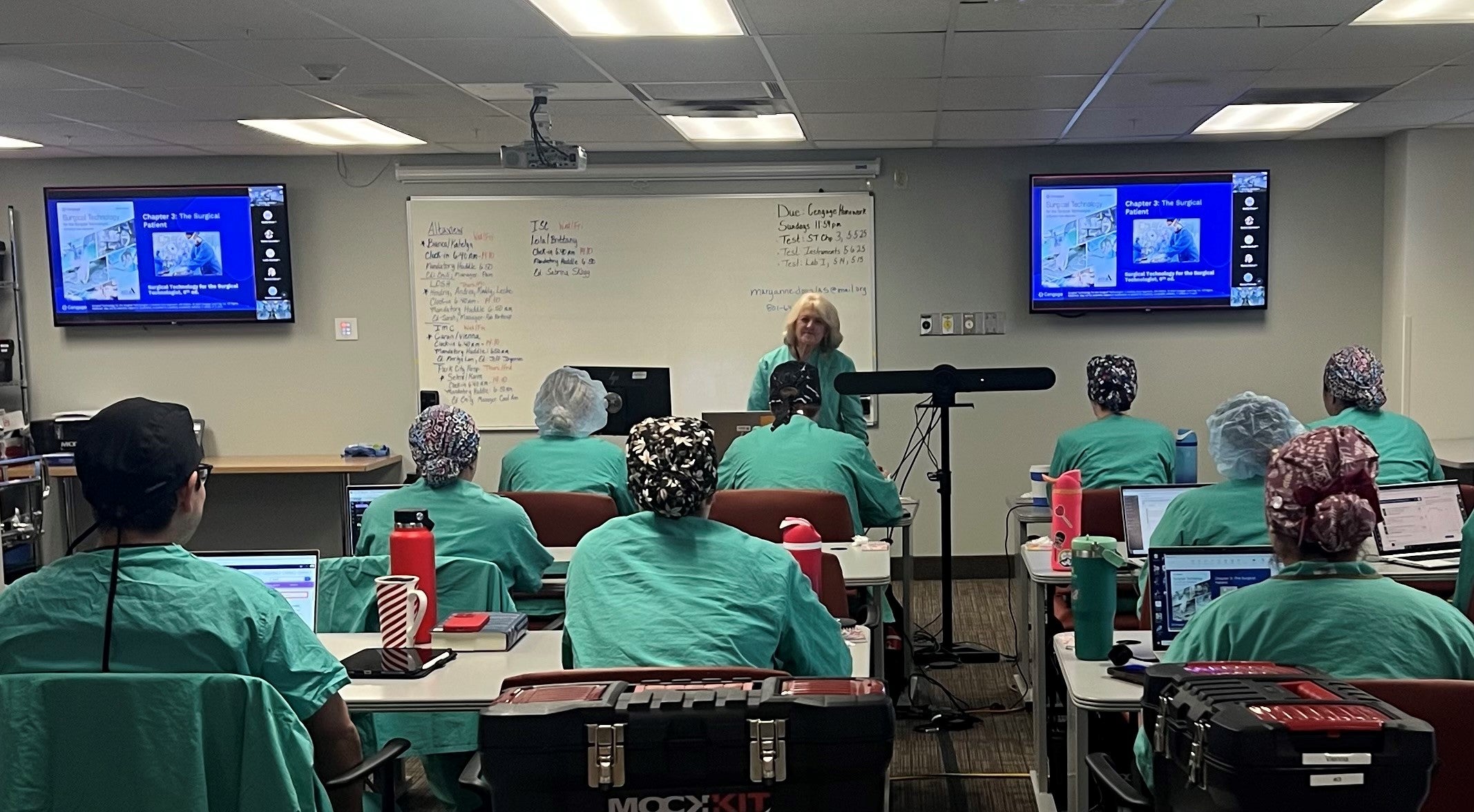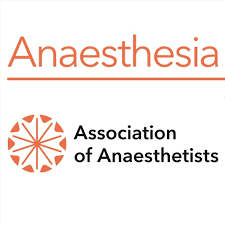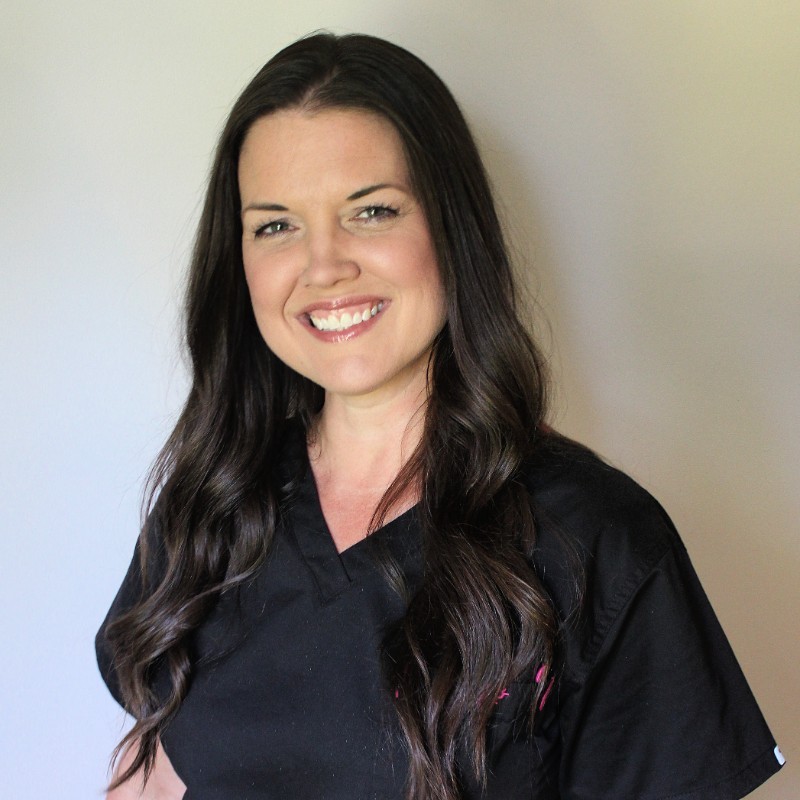
It is no long best practice to deliver education via a traditional lecture with PowerPoint slides or an unimaginative online learning module. “These techniques are boring and not effective,” says Beverly Kirchner, MSN, BSN, RN, CNOR(E), CASC, chief compliance officer for SurgeryDirect, LLC. “Staff just listen or read the information,…

Editor's Note Artificial intelligence (AI) can track surgical performance with pinpoint accuracy, but true mastery still requires a human teacher, American Council on Science and Health August 20 reports. A randomized trial of an AI-powered surgical tutoring system found that while algorithms provided real-time error detection, the best learning happened…

Editor's Note Robotic surgery improves 3-year relapse-free survival compared with laparoscopic surgery for rectal cancer, according to findings presented at the 2025 annual meeting of the Society of American Gastrointestinal and Endoscopic Surgeons, published by Gastroenterology & Endoscopy News on August 18. As detailed in the article, researchers conducted a…

Editor's Note A novel, low-cost simulation of intraoperative hemorrhage successfully challenged surgical residents and fellows to practice both technical and nontechnical crisis management skills. According to a study published in Surgery on August 19, the model replicated a lacerated vena cava bleed and allowed learners to rehearse vascular repair, teamwork,…

Editor’s Note: This page is a companion piece to the main article, "Health systems embrace partnerships, new training pathways to address surgical technologist shortage." The Association of Surgical Technologists (AST), a 55,000-member organization, acknowledges the growing shortage of surgical technologists (STs) but is raising alarms over the rise of…

Roughly 41,000 surgical procedures happen in the US every day. Each one depends on surgical technologists (STs), the professionals who prepare the OR, hand off instruments, and ensure a sterile environment to prevent infections that affect up to 3% of all patients. The profession’s importance is reflected in AORN’s recommended…

Editor's Note University of California San Francisco (UCSF) became the first university to certify medical students as robotic surgery bedside assistants, giving future surgeons unprecedented hands-on training in a rapidly growing field, an August 25 UCSF news release reports. The program reportedly positions learners alongside attending surgeons, nurses, and scrub…

Editor's Note A new international consensus offers the first multidisciplinary definition and set of recommendations for group-based preoperative education programs, sometimes referred to as “surgery schools.” Published June 21 in the British journal Anaesthesia, the expert-driven guidance aims to improve patient preparation, experience, and recovery for those undergoing major elective…

Leadership and business skills are deeply intertwined—to some, that makes nurse-led ventures a sort of natural fit. The long-standing trend has been nurses becoming entrepreneurs after retirement, but that is changing. Today, more nurses are exploring entrepreneurship while maintaining their clinical roles, a shift that is reshaping traditional career pathways.…

Editor's Note Although cadaver-based education is far from perfect, medical schools should reconsider eliminating these programs for surgeons and other professionals, first-year medical student Nadir Al Saidi argues in a March 31 commentary in Stat. “The weight of an actual body beneath your inexperienced hands is as real a preparation…